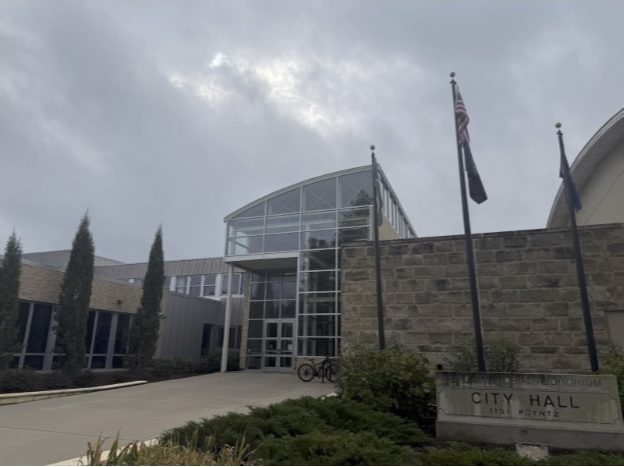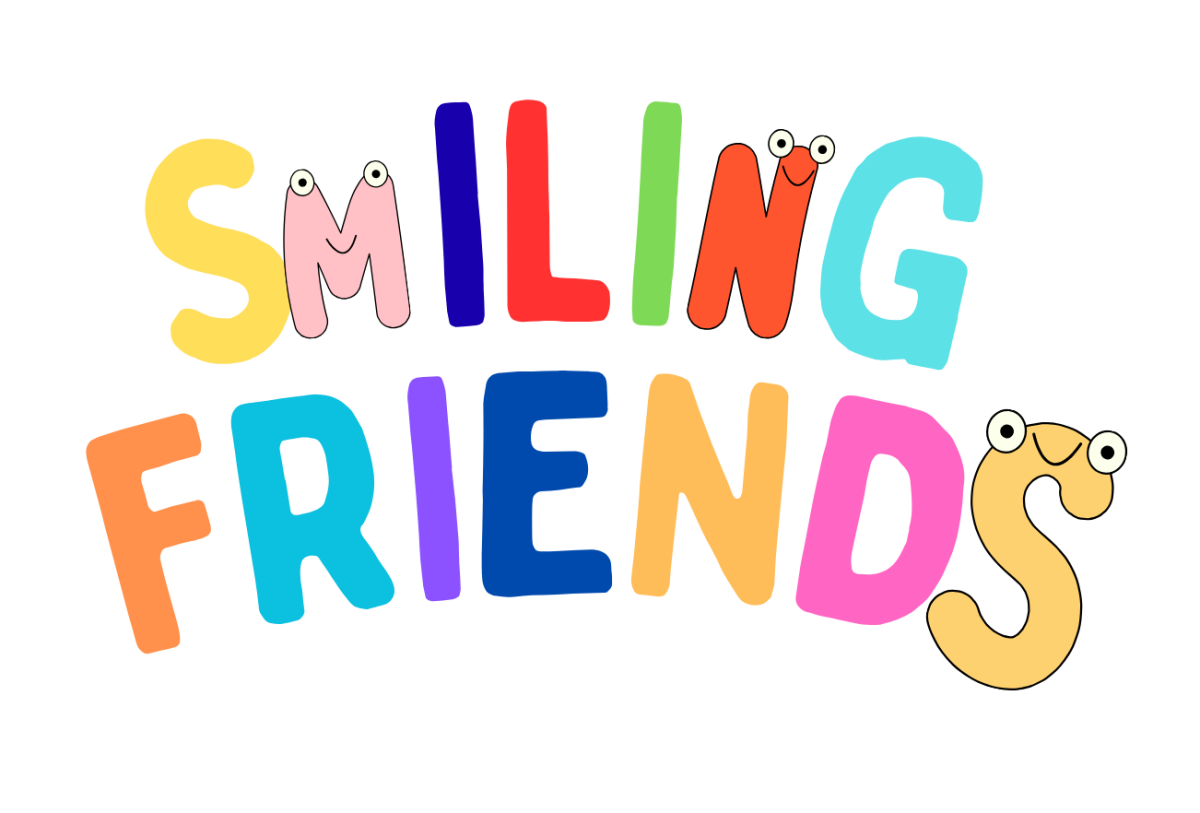A liberal arts education encompasses a diverse spectrum of academic disciplines, from the humanities and fine arts to the social sciences and natural sciences. This educational approach encourages a broad curriculum that aims to foster comprehensive thinking, adaptability, and a deep-seated understanding of various cultural and scientific fields. Such an education not only equips students with specific skills but also imbues them with the ability to see the big picture, think critically about complex issues, and communicate effectively across a variety of platforms. In this blog, we will share insights on why a liberal arts education remains vital in today’s rapidly changing world.
Broadening Perspectives
One of the primary benefits of a liberal arts education is its power to broaden students’ perspectives. By engaging with a wide range of subjects, students learn to view issues through multiple lenses. They are taught to analyze, synthesize, and critically evaluate information, which is essential in a world where problems are complex and multifaceted. This educational approach cultivates open-mindedness and the ability to entertain various viewpoints, skills that are indispensable in both personal development and the workplace.
Adaptability in the Job Market
In today’s ever-evolving job market, adaptability is key. Graduates of liberal arts programs excel in this area due to their diverse educational background. These individuals are not limited to a single career path; instead, they possess the versatility to transition across different fields, from education and business to technology and the arts. Furthermore, choosing an online liberal studies degree will enhance accessibility and flexibility. This enables you to customize your learning to better align with your life and career objectives.
Improving Communication Skills
Communication is a cornerstone of the liberal arts curriculum. Students spend significant time crafting arguments, writing papers, and participating in discussions. This constant practice sharpens their ability to convey ideas clearly and persuasively, a skill that is invaluable in any professional setting. Whether they are drafting a report, presenting at a conference, or simply engaging in everyday workplace communication, liberal arts graduates stand out for their eloquence and clarity of expression.
Cultural Awareness
Understanding and appreciating cultural diversity are critical in our globalized society. Liberal arts education places a strong emphasis on cultural studies and world histories, equipping students with a deeper understanding of the social, cultural, and political forces that shape our world. This knowledge fosters empathy and cultural sensitivity, preparing students to navigate and contribute to a multicultural world effectively.
Encouraging Lifelong Learning
Perhaps one of the most significant impacts of a liberal arts education is the instillation of a lifelong love of learning. The varied academic exposure students receive ignites curiosity and a desire to continue exploring new knowledge throughout their lives. This continual learning process is vital in keeping pace with the rapid changes in technology, economics, and culture that characterize our modern era. Lifelong learners are more adaptable and more likely to thrive in diverse environments, constantly updating their skills and knowledge to meet new challenges.
Ethical Considerations and Leadership
Liberal arts education also explores ethical considerations and leadership, preparing students to navigate complex moral landscapes and assume roles that require responsibility and foresight. Courses in philosophy, history, and literature, for instance, often challenge students to consider what it means to lead ethically and live responsibly within society. These discussions are not only theoretical but are applied to real-world scenarios, enhancing students’ ability to make informed and ethical decisions. By engaging with these subjects, liberal arts students develop a robust framework for understanding the implications of their actions, which is essential for leadership roles in all sectors.
Creativity and Innovation
Another vital component of liberal arts education is its emphasis on creativity and innovation. Students are encouraged to think creatively through exposure to diverse disciplines such as art, science, and literature, which foster an environment of intellectual exploration. This cross-pollination of ideas often leads to innovative thinking and problem-solving strategies that are highly valued in any career. For example, a student might combine lessons from both sociology and business to develop a new approach to consumer relations or from both technology and philosophy to tackle ethical issues in artificial intelligence. This ability to think outside the box and approach problems from unique angles is a direct result of the varied educational experience provided by liberal arts programs.
Success Stories of Liberal Arts Graduates
The success of liberal arts graduates in various fields further underscores the value of their education. Many leaders in business, politics, and the arts have credited their liberal arts backgrounds for their broad knowledge bases and ability to adapt to new challenges. For instance, former CEOs of major corporations often cite their liberal arts education as a critical factor in developing their leadership and ethical decision-making skills. These success stories highlight the practical applications of a liberal arts education and its impact on professional success across a range of industries.
Comparison with Specialized Degrees
Comparing liberal arts degrees with more specialized degrees provides additional insight into the unique advantages of a broad educational foundation. While specialized degrees may offer deeper expertise in a particular field, liberal arts degrees provide a broader understanding of various disciplines, which is crucial for roles requiring versatility and strategic thinking. In addition, the soft skills such as critical thinking, communication, and adaptability gained from a liberal arts education are often what distinguish candidates in the job market and are difficult to acquire in highly specialized programs.
The Future of Liberal Arts Education
Looking ahead, the future of liberal arts education remains bright. As the world becomes increasingly interconnected and industries continue to evolve, the demand for well-rounded, adaptable individuals with strong critical thinking and interpersonal skills will only grow. Additionally, the integration of new technologies and methodologies in liberal arts curricula is making these programs more relevant than ever.
Conclusion
A liberal arts education remains a vital asset in today’s world, fostering critical thinking, creativity, and adaptability. It equips individuals with a broad spectrum of knowledge and the ability to analyze complex issues from multiple perspectives. This educational approach nurtures well-rounded individuals who are not only skilled in their professions but also informed citizens capable of contributing thoughtfully to society.
In a rapidly changing world, the skills developed through a liberal arts education, such as effective communication, ethical reasoning, and problem-solving, are more important than ever. These skills enable graduates to navigate various challenges and seize diverse opportunities. By valuing and investing in liberal arts education, we prepare future generations to thrive and lead with empathy, innovation, and a deep understanding of our shared human experience.




























































































































